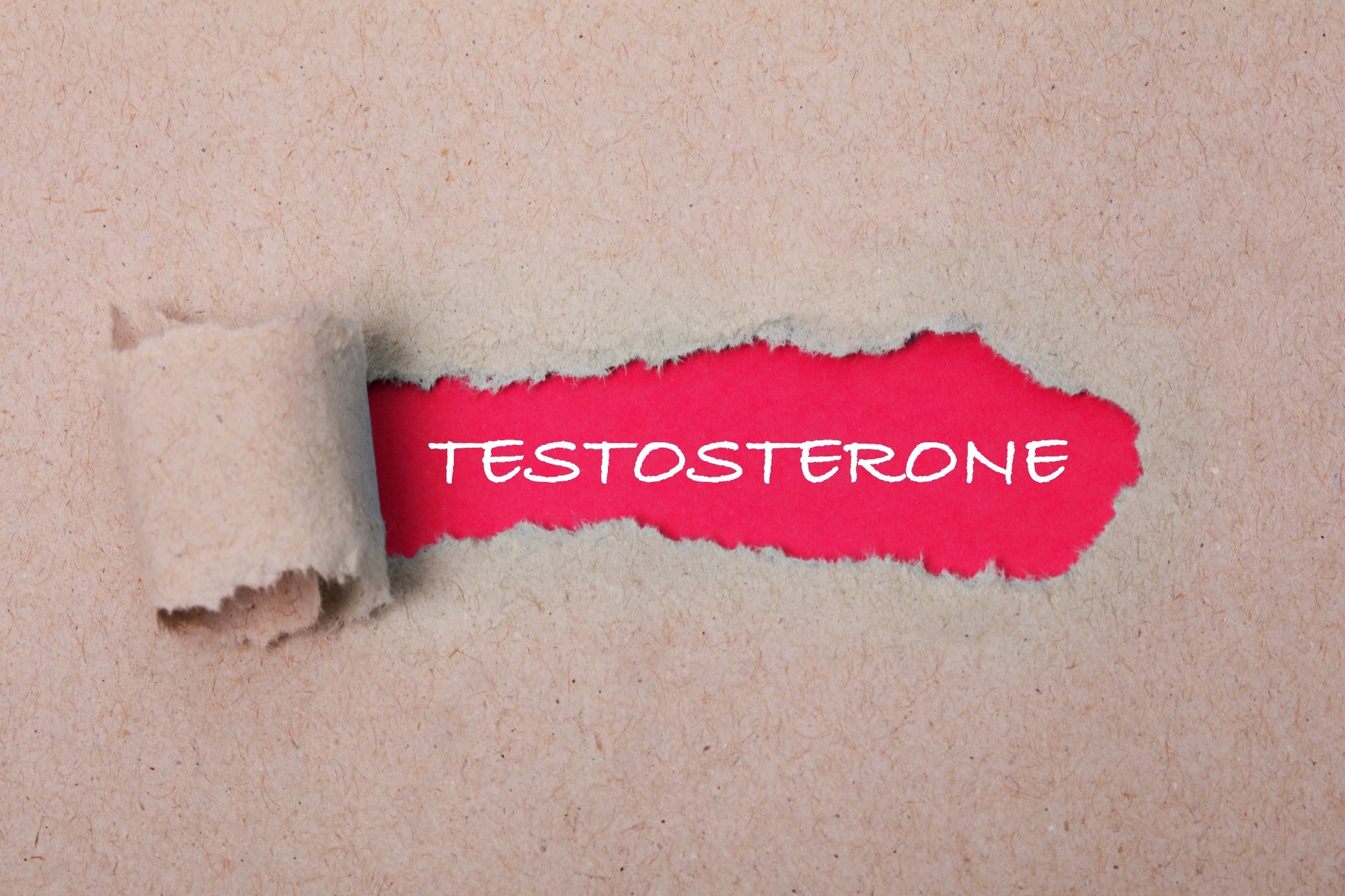New research links maternal PCOS and testosterone to reduced weekend activity in boys and weaker grip strength in girls, highlighting the lasting impact of in-utero hormone exposure on children’s physical development.
 Image Credit: Marta Design / Shutterstock
Image Credit: Marta Design / Shutterstock
Boys born to mothers who have polycystic ovary syndrome (PCOS) or who have higher levels of testosterone during the third trimester are more likely to be less physically active at age 7, according to research presented at the first Joint Congress between the European Society of Paediatric Endocrinology (ESPE) and the European Society of Endocrinology (ESE). Testosterone levels or PCOS in the mothers were not associated with physical activity in girls, but 7-year-old girls whose mothers had higher testosterone levels during pregnancy had lower muscle strength. The findings highlight the critical role that maternal testosterone and PCOS may play in future development in boys and girls independently.
Prenatal exposure to testosterone - the primary sex hormone in males - is needed for fetal development and is thought to affect neurodevelopment and muscle strength in children later in life. During pregnancy, the levels of testosterone increase, but these levels are similar in mothers carrying a boy or a girl. However, testosterone levels are even higher in women with polycystic ovary syndrome (PCOS) - a common condition of the ovaries that typically affects up to 13% of women of reproductive age.
Researchers from the Odense University Hospital and the University of Southern Denmark have previously shown that children aged 5 years old have lower grip strength when their mothers have higher levels of testosterone during the third trimester. In addition, the team has found that prenatal exposure to higher testosterone levels is associated with more body fat in 7-year-old boys. In this study, the researchers analysed data on testosterone levels of 695 pregnant women with and without PCOS during the third trimester and on the physical activity and muscle strength of their 695 children aged 7 years old, from the Odense Child Cohort.
The researchers found that boys born to mothers with PCOS were less physically active only during the weekends compared to boys of mothers without PCOS. However, this association between maternal testosterone and lower physical activity in boys was not due to birth weight or maternal pre-pregnancy body mass index (BMI). On the other hand, girls exposed to higher testosterone levels in the womb had lower muscle strength at age 7.
"While other studies have looked at testosterone levels during pregnancy and child physical activity by questionnaires, we are the first to objectively assess this association, using an accelerometer to measure movements and activity over seven days, and to investigate boys and girls separately," said lead author Dr Camilla Viola Palm.
Dr Palm added, "Maternal pre-pregnancy health conditions, like PCOS, may transgenerationally affect the physical activity of boys. A reduction of physical activity outside weekdays, where you have more free choice of non-activity, may increase the risk of future obesity and cardiovascular disease (CVD) in these boys."
"There is only little data on boys regarding PCOS-related metabolic and CVD risk, as PCOS is a female condition by definition."
The team will next assess whether these children, exposed to PCOS and higher testosterone levels in the womb, continue to have reduced physical activity into adolescence. "We want to investigate whether prenatal PCOS and testosterone exposure influence long-term health outcomes like obesity, blood pressure and type 2 diabetes," said Dr Palm. "Thanks to the Odense Child Cohort, we have clinical data of children from birth until 18 years of age."